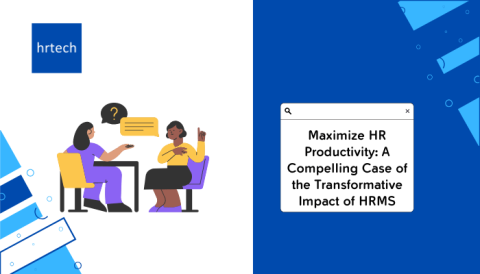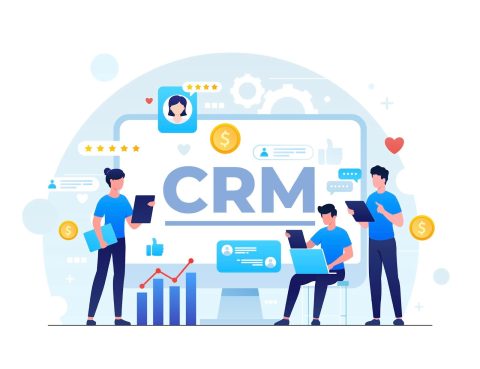If your HR team is still managing payroll, leave, and compliance manually, you’re already behind. The Middle East, especially the UAE, is accelerating digital HR adoption to improve efficiency, compliance, and employee experience. But with so many options on the market, choosing the right HR software trusted by UAE businesses can feel overwhelming.
From workforce management to WPS-compliant payroll processing, the right solution can transform your HR operations.
In this article, you’ll discover the top HR software tailored for businesses in the UAE and the broader Middle East, helping you make a confident, future-ready technology investment.
Why HR Software Matters in the Middle East
Managing people in today’s fast-evolving Middle Eastern market presents unique challenges, including diverse workforces, multi-country compliance, and rising employee expectations. This is why adopting the right HR software businesses trust is a necessity for staying competitive and compliant.
1. Navigating Complex Labour Laws and WPS Compliance
In countries like the UAE, Saudi Arabia, and Qatar, businesses are required to comply with strict labour regulations, including the UAE’s Wage Protection System (WPS). Failing to comply can result in penalties, license suspension, or legal consequences.
Why It Matters:
- HR software automates WPS-compliant payroll processing, reducing errors and ensuring legal compliance.
- It keeps you updated with local labour law changes, helping you avoid costly penalties.
According to the UAE’s Ministry of Human Resources and Emiratisation, companies that are non-compliant with WPS risk license suspension and fines of up to AED 50,000.
2. Managing Diverse, Multilingual Workforces
The Middle East is home to highly diverse, multicultural teams, often speaking multiple languages, including Arabic, English, and Hindi. Poor communication can lead to disengagement and low productivity.
Why It Matters:
- Leading HR software in UAE businesses relies on offering bilingual interfaces, ensuring better adoption across employee groups.
- It provides self-service access in multiple languages, reducing HR workload and improving employee satisfaction.
3. Enabling Digital Transformation Across Industries
The UAE Vision 2030 and Saudi Vision 2030 initiatives have accelerated the push toward digitisation across industries, and HR is no exception.
Why It Matters:
- Cloud-based HR software that Dubai companies adopt helps streamline workflows, from recruitment to payroll.
- It supports remote and hybrid workforce management, improving operational flexibility.
4. Supporting Business Scalability and Growth
Whether you’re scaling across the UAE or expanding to multiple GCC countries, managing growth manually creates bottlenecks.
Why It Matters:
- Scalable HR software grows with you, managing multi-country operations with local compliance.
- It integrates with existing ERP, finance, and productivity tools, reducing operational silos.
5. Improving Data-Driven Decision Making
Manual HR processes often lack visibility and reporting accuracy, resulting in a reactive workforce planning approach rather than a strategic one. To explore how deeper employee insights can drive engagement and performance, read this guide on unlocking employee potential.
Why It Matters:
- Modern HR software solutions provide real-time analytics on attendance, performance, and payroll.
- These insights help you make faster, smarter decisions aligned with your business goals.
By adopting the right HR software tailored for the Middle East, you position your business to manage people more effectively, stay legally compliant, and scale with confidence in a rapidly changing market.
Now that the importance is clear, here are the essential features your HR system should offer to keep up with workforce demands.
Key Features to Look for in HR Software
Investing in the right HR software ensures your technology actively supports your people strategy, compliance requirements, and operational goals. Whether you run an SME or manage a large workforce across the Middle East, here are the non-negotiable features you should prioritise.
1. Bilingual and Multi-Currency Support
With workforces in the UAE and across the GCC being highly multicultural, language accessibility is critical.
- Your HR platform should offer bilingual interfaces, ideally supporting both English and Arabic. This ensures all employees, from executives to frontline workers, can engage with HR processes confidently.
- Multi-currency payroll processing allows you to manage salaries across regions without manual conversion or error-prone adjustments.
2. Cloud-Based and Mobile-First Access
The modern workforce is no longer confined to desks. From remote teams to on-site staff, your HR system must offer anytime, anywhere access.
- Cloud-based HR software allows HR teams and employees to access data securely on mobile devices, manage leave, view payslips, and update records without visiting the HR desk.
3. WPS-Compliant Payroll Management
Compliance with the UAE’s Wage Protection System (WPS) is non-negotiable. Your HR software must:
- Automate salary calculations, deductions, and benefits.
- Generate WPS-compliant SIF files for submission to UAE banks.
- Handle statutory reporting to local authorities.
This reduces manual errors and safeguards your business from legal risks.
4. Employee Self-Service Portals
Empowering employees to manage their own HR data reduces administrative workload and improves employee experience.
Key Self-Service Features to Look For:
- Leave and attendance management.
- Payslip downloads and tax documents.
- Personal information updates.
- Performance and goal tracking.
Self-service not only saves time but also builds trust and transparency across your organisation.
5. Integration with Existing Business Systems
HR software shouldn’t work in isolation. Look for solutions that offer:
- Seamless integration with accounting, ERP, payroll, and productivity tools.
- API capabilities for custom workflows.
This ensures your HR data stays in sync across departments, reducing duplication and reporting errors. For a deeper look at how integrated HRMS features enhance recruitment workflows, check out this detailed guide.
6. Customisable Reporting and Dashboards
Making strategic workforce decisions requires real-time data visibility. Making strategic workforce decisions requires real-time data visibility. If you’re new to HR analytics or looking to sharpen your data skills, this guide on demystifying HR data analytics is a great place to start.
Your HR software should offer:
- Customisable reports on attendance, turnover, payroll, and performance.
- Interactive dashboards for leadership and HR teams.
7. Local Support and Customer Service
Finally, choose a vendor that understands the UAE market and offers regional support, ensuring faster response times and local compliance expertise.
By prioritising these features, you’ll not only meet today’s operational demands but also future-proof your HR function, making your business more agile, compliant, and people-focused.
With these criteria in mind, let’s take a look at some of the most reliable HR software solutions available for UAE-based businesses.
Best HR Software in UAE
Choosing from countless HR software vendors can feel overwhelming, especially when your priority is ensuring compliance, scalability, and usability for your workforce in the UAE and Middle East.
1. ZenHR
ZenHR is a powerful HRMS designed specifically for the MENA region, offering a comprehensive platform for managing everything from recruitment to payroll. Known for its robust, user-friendly features, ZenHR is ideal for businesses looking for an all-in-one solution that supports seamless HR processes and ensures compliance with local regulations.
Key Strengths:
- Comprehensive HR Management: Includes recruitment, employee management, payroll, and performance tracking.
- Localized for the MENA region: Fully compliant with UAE’s WPS system and other regional labour laws.
- AI-Powered Insights: Helps HR teams predict attrition risks and optimize workforce planning.
- Mobile-Friendly Interface: Accessible on both web and mobile for easy employee self-service.
- Scalable: Designed to support businesses of all sizes, from startups to large enterprises.
2. Zimyo
Zimyo is known for its user-friendly, mobile-first HRMS, making it ideal for companies that want to empower their teams with self-service tools. It’s especially popular among SMEs and mid-sized businesses looking for easy-to-use yet robust HR and payroll functionality.
Key Strengths:
- Mobile and web-based access: Employees can manage leave, attendance, and payslips anytime, anywhere.
- WPS-compliant payroll system: Automates salary calculations, statutory deductions, and SIF file generation.
- Employee engagement tools: Pulse surveys, feedback collection, and recognition programs.
- Customisable HR modules: Allow businesses to scale features based on current needs.
3. GulfHR
GulfHR is designed specifically for the Gulf Cooperation Council (GCC) region. It provides full compliance with local labour laws and offers a user interface that supports both English and Arabic.
Key Strengths:
- GCC-specific compliance: Covers UAE, Saudi Arabia, Qatar, and other regional labour law requirements.
- Arabic and English user interface: Makes adoption seamless for regional teams.
- Scalable and modular: Allows businesses to add or remove modules based on growth stages.
- Strong local customer support: Offers assistance from teams familiar with the Middle East HR landscape.
4. Workday
Workday is a globally recognised leader in enterprise HR and finance software, trusted by some of the world’s largest organisations. Designed for scalability and flexibility, Workday offers an all-in-one Human Capital Management (HCM) platform covering everything from talent acquisition to payroll and workforce planning.
Key Strengths:
- Unified HR and Finance Platform: Integrates human resources, payroll, financial management, and workforce planning into a single system.
- Advanced Workforce Analytics: Provides real-time insights into employee performance, turnover risks, and workforce costs.
- Global and Regional Compliance: Supports multi-country payroll, including compliance with UAE labour laws and WPS requirements through localised partners.
- Mobile-First Experience: Enables employees and managers to access HR services on the go anytime, anywhere.
- Scalable for Enterprises: Ideal for large, multi-location organisations seeking to manage complex HR and finance operations in one ecosystem.
5. ADP Workforce Now
ADP Workforce Now is a leading cloud-based Human Capital Management (HCM) platform, trusted by businesses worldwide for its robust payroll and workforce management capabilities. ADP’s reputation for compliance, security, and scalability makes it a preferred choice for both regional and global organisations operating in the UAE and the Middle East.
Key Strengths:
- Global Payroll and Local Compliance: ADP supports multi-country payroll processing while ensuring compliance with UAE Wage Protection System (WPS) and other local regulations.
- End-to-End HR Management: Covers recruitment, onboarding, time and attendance, benefits administration, and performance management, all in one platform.
- Real-Time Workforce Insights: Provides customisable dashboards and reports to help HR leaders make data-driven decisions on headcount, costs, and compliance.
- Employee Self-Service Portal: Empowers employees to manage leave, access payslips, and update personal details through an intuitive online platform.
- Scalable for Growing Businesses: Whether you’re managing 50 or 5,000 employees, ADP scales with your organisation’s needs across geographies.
Now, let’s look at the side-by-side comparison to help you quickly evaluate which platform suits your unique operational needs.
Comparing the Top HR Software Solutions for UAE & Middle East
| Criteria | ZenHR | Zimyo | GulfHR | Workday | ADP Workforce Now |
| Best For | HRMS for SMEs & mid-sized companies, all-in-one HR and payroll system. | Flexible, mobile-first HRMS for SMEs & Mid-size | GCC-specific compliance and modular HRMS | Enterprise HR, Finance & Workforce Planning | Scalable global payroll & compliance management |
| WPS Compliance (UAE) | Yes | Yes | Yes | Yes (via local partners) | Yes |
| Language Support | English & Arabic | English & Arabic | English & Arabic | English (Arabic support via partners) | English (Arabic support via partners) |
| Payroll Management | Yes, WPS-compliant | Yes, WPS-compliant | Yes, multi-country support | Yes, global multi-country support | Yes, global and UAE-compliant |
| Employee Self-Service | Yes, multilingual, mobile-ready | Yes, mobile-friendly | Yes, Arabic interface | Yes, advanced mobile & web experience | Yes, accessible on mobile & web |
| Integration Capabilities | Yes, with Accounting tools, Biometric, via API’s | Yes, with productivity & payroll tools | Yes, modular & ERP-friendly | Yes, unified HR & finance platform | Yes, integrates with global ERP & finance tools |
| Analytics & Reporting | Built-in HR and payroll reports covering attendance, leave, payroll and compliance | Customisable reports | Compliance & workforce analytics | Advanced workforce & financial analytics | Customisable dashboards & compliance reporting |
| Local GCC/Regional Focus | Strong focus on UAE and GCC regulations, labor laws, and payroll practices. | Strong, UAE & GCC focus | Strong, built for GCC labour compliance | Global focus with local partner support | Global focus with UAE compliance capabilities |
| Scalability | Ideal for growing teams from SMEs to larger organizations with complex HR needs. | Ideal for SMEs and growing mid-sized companies | Modular, suited for GCC-wide enterprises | Best for large, multi-location enterprises | Suitable for growing mid to large enterprises |
| Support Availability | Dedicated UAE & GCC-focused support | UAE & GCC-focused support | Dedicated GCC support | Global support via partner network | Global & regional customer service teams |
Not sure where to begin? These practical steps will help you make the best choice for your business and team.
How to Choose the Right HR Software
Choosing the right HR software starts with understanding your needs, not just features. Here’s how to get it right:
1. Define Your HR Priorities: Identify gaps in payroll, compliance, employee engagement, or workforce planning. Match solutions to your short- and long-term goals.
2. Ensure UAE Compliance: Choose software that meets WPS requirements and offers Arabic language support to serve diverse teams.
3. Check Scalability & Integrations: Pick a platform that scales with your growth and integrates with your ERP, payroll, and other systems.
4. Prioritise User Experience: Look for mobile access and self-service tools that make life easier for employees and managers.
5. Demand Real-Time Analytics: Choose solutions with customisable dashboards to track payroll, attendance, and workforce trends.
6. Always Test Before You Buy: Use demos or free trials to validate usability, compliance features, and local support.
By following these steps, you’ll select a solution that supports your workforce today and scales with you tomorrow.
Conclusion
Choosing the right HR software in UAE for organisations can be a business enabler. From ensuring WPS compliance to empowering your people with self-service tools, the right platform transforms how you manage, engage, and grow your workforce.
Ready to move forward? Start by mapping your HR challenges, exploring trusted vendors on TeamLease Digital’s MarketMap, and booking a demo to see the right solution in action.
Need expert advice? Contact our team today for personalised recommendations tailored to your business goals and workforce needs.







